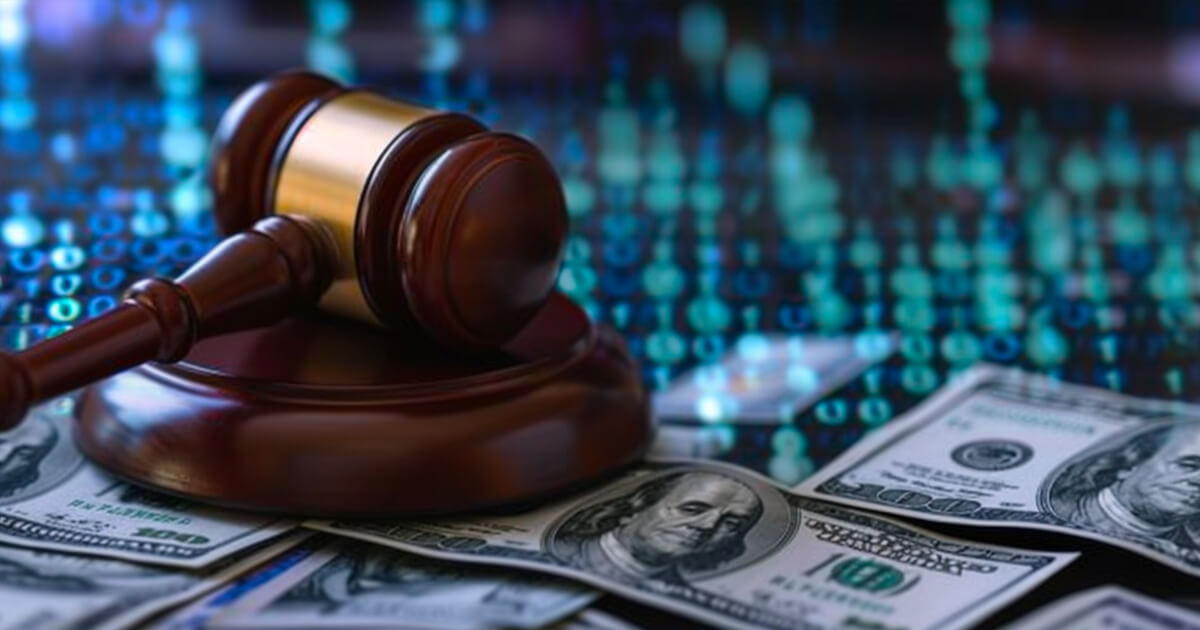
The post Why governments should regulate stablecoins instead of developing CBDCs appeared first on CryptoSlate.

Tech billionaire Elon Musk revealed that electric carmaker Tesla is developing artificial general intelligence (AGI) for its Full Self-Driving (FSD) vehicles, a significant step in achieving complete self-driving capabilities.
In a Dec. 29 post on X, Must stated:
“It is increasingly clear that all roads lead to AGI. Tesla is building an extremely compute-efficient mini AGI for FSD.”
Musk’s statement came in response to a post emphasizing the utilization of computer vision technology in self-driving cars. The post highlighted the potential of AGI to elevate the performance of self-driving vehicles, surpassing non-AGI systems.
Since ChatGPT emerged last year, discussions surrounding AGI’s transformative potential across various industries have been ongoing among tech leaders. Tesla stands out as one of the companies exploring this cutting-edge technology to pioneer innovative advancements.
The automotive manufacturer focuses on achieving full self-driving capabilities in its vehicles. To accomplish this goal, Tesla harnesses the power of the Dojo supercomputer, employing it to train machine learning models and enhance FSD capabilities.
However, Tesla has not provided a definitive timeline for achieving FSD. Musk had previously pledged its realization by the year’s end, yet this target now seems improbable.
Recently, the company has been working on its FSD v12 update, initially slated for December and anticipated to introduce artificial intelligence into self-driving operations. Musk had indicated that v12 would transition FSD out of its beta phase.
Nevertheless, Musk disclosed a few days ago that the release would be delayed due to the necessity for additional testing. While the technology performs well in California, further testing is required in regions experiencing heavy precipitation.
Concurrently, Musk’s other enterprises have seen an uptick in artificial intelligence integration. The billionaire entrepreneur recently established xAI, an AI-focused company poised to rival OpenAI.
xAI has already introduced the Grok chatbot and aims to secure $1 billion in a new funding round to bolster its endeavors.
South Korea’s second-largest city, Busan, is developing a public blockchain network compatible with mainstream blockchain platforms, such as Ethereum and Cosmos. The aim is to integrate blockchain-based services from various blockchain mainnets onto a single platform at the city level and develop Busan into a blockchain city.
Busan City has allocated a 100-billion-Korean-won ($75 million) budget for open blockchain development compatible with global standards under the Blockchain Innovation Fund (BIF). The funds will be raised through investments from public financial institutions in Busan, with nearly 100 private companies showing interest. The BIF is a private fund that supports the development of Busan’s blockchain industry and infrastructure construction, led by financial and public institutions in Busan.
The public blockchain development is being done under the Busan Digital Asset Exchange Establishment Promotion Plan and Future Schedule plan, with a focus on making Busan a blockchain city.

The official announcement noted that Busan City has been actively testing various use cases of blockchain technology in its trade-free zone; however, most of these projects were carried out on different blockchains, resulting in an “uncomfortable” experience for businesses. This was one of the key reasons for the city administration to zero in on a public blockchain at the city level that is compatible with global blockchain networks such as Ethereum.
Related: Coin Center responds to US lawmakers’ request for crypto tax guidance
Busan City is also involved in the process of establishing the Blockchain Trust Framework technology standard conducted by the Korea Internet & Security Agency.
The project aims to improve the quality of private services and encourage interconnection between services by presenting requirements such as blockchain technical system, performance and security level. The standard will also be utilized for public services within Busan City.
The long-term blockchain development plan also includes the development of the Busan digital asset exchange in the first half of 2024. The digital exchange will not only list digital assets but also tokenized securities, including precious metals and raw materials, such as gold, copper and oil. In the future, the administration behind the projects aims to tokenize and trade global intellectual property rights and carbon emissions rights.
Magazine: Big Questions: Did the NSA create Bitcoin?
